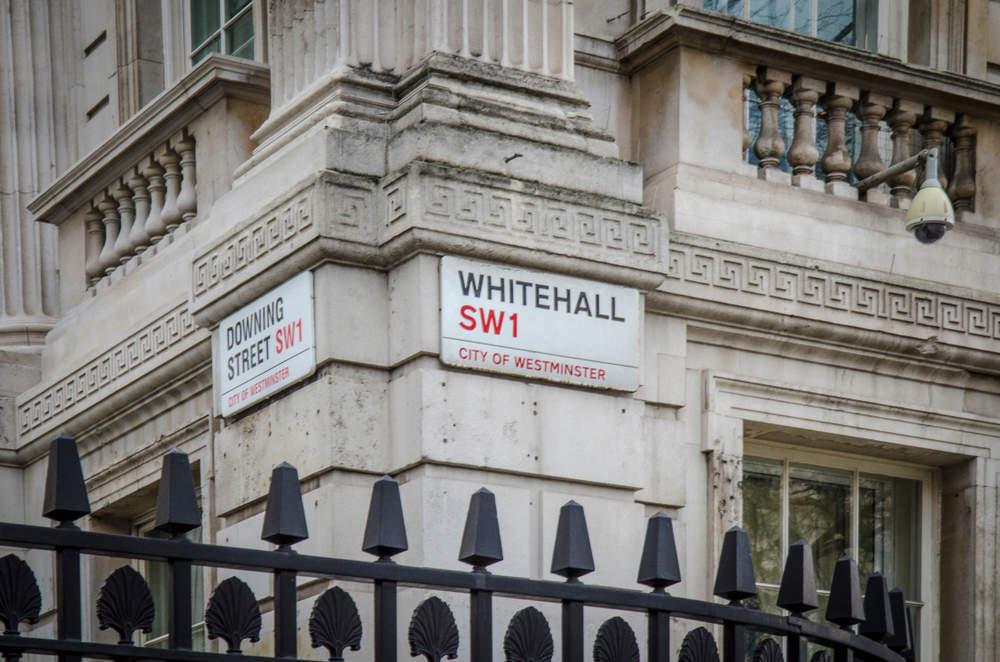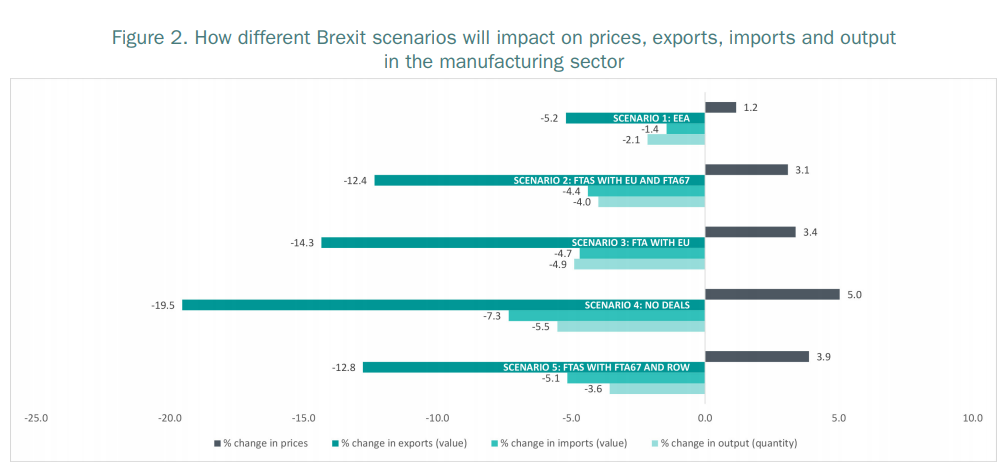
The British government has been “too slow” in laying out its practical preparations for its exit from the European Union, a report out today has found.
The public accounts committee said Whitehall has still not prioritised work to make the country ready for Brexit day in 14 months. The UK will leave the European Union in March 2019.
The Public Accounts Committee (PAC) said Whitehall departments “lack a credible plan” on how to cope with more than 300 Brexit-related projects.
MPs expressed concern that government departments have to recruit hundreds of staff and streamline decision-making.
The Department for Exiting the EU (DExEU) has identified 313 separate so-called workstreams which will need to be completed and has focused on ensuring plans to deal with them are “up to scratch”, the report said.
What has been said:
Geoffrey Clifton-Brown, the committee’s deputy chairman, said Brexit was a “complicated task with the potential to become a damaging and unmanageable muddle”.
How well do you really know your competitors?
Access the most comprehensive Company Profiles on the market, powered by GlobalData. Save hours of research. Gain competitive edge.

Thank you!
Your download email will arrive shortly
Not ready to buy yet? Download a free sample
We are confident about the unique quality of our Company Profiles. However, we want you to make the most beneficial decision for your business, so we offer a free sample that you can download by submitting the below form
By GlobalDataIt is concerning that government departments still have so far to go to put their plans into practice. [The] real world will not wait for the government to get its house in order.
DExEU and the Cabinet Office accept the pace of work must accelerate, a point underlined by DExEU’s senior civil servant when he told us that there needs to be a ‘sharp focus on the world of the real’.
That real world will not wait for the Government to get its house in order.
A Government spokesperson said:
The Government is committed to ensuring that the right skills and resources are available across all departments to deliver a successful Brexit.
We have built two new departments, the Department for Exiting the EU and the Department for International Trade, to help deliver a smooth and orderly exit from the European Union and forge new bold and ambitious trade agreements across the world.
Why does it matter?
The UK has been increasingly butting heads with the EU as Brexit negotiations continue.
This morning a leaked legal document drawn up by the EU and published by the Guardian newspaper has revealed Brussels will have the power to punish the UK at will during the Brexit transition period by closing off parts of the single market to British companies.
The 27 remaining EU member states want to be able to act against the UK without having to go through the potentially lengthy process of bringing cases to the European court of Justice, should Brussels come to the judgement that Britain has infringed EU law.
Earlier this week British prime minister Theresa May and Brexit secretary David Davis met with EU’s chief Brexit negotiator Michel Barnier.
Barnier warned there is “not a minute to lose” in efforts to achieve a Brexit deal. He said:
My feeling is we have not a minute to lose because we want to achieve a deal. There is so much work so we have decided for this reason to accelerate all the contacts.
Elsewhere in Brexit-land…
Meanwhile, British makers of basic goods including food will get a boost from Brexit, but these gains will not offset the hit to the UK’s high-tech manufacturing including aerospace, automotive and pharmaceuticals, according to a new report.
In the first detailed examination of all parts of Britain’s manufacturing sector, the UK Trade Policy Observatory at the University of Sussex outlined how there would be some winners from leaving the EU — notably foodmakers and the printing industry.








